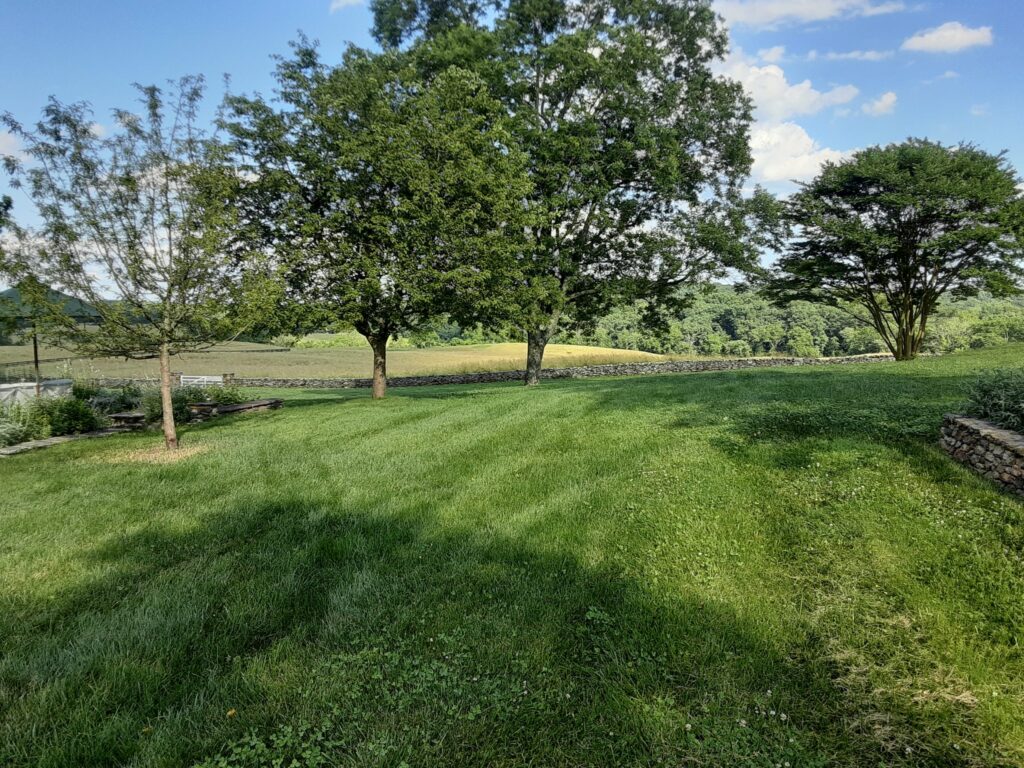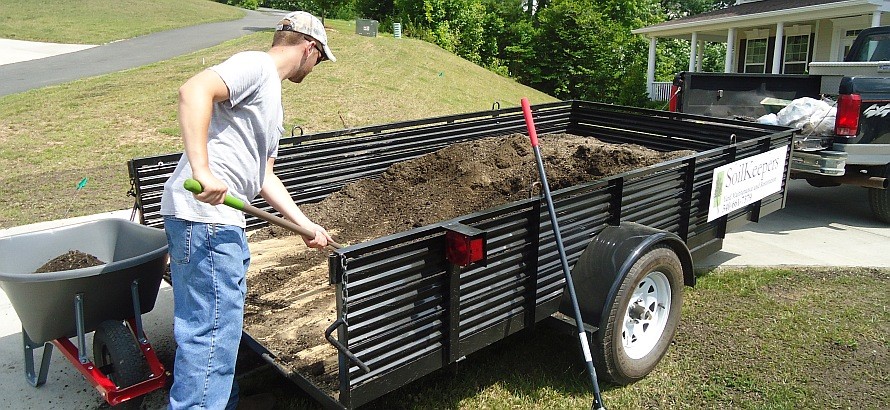American Climate Partners is an entrepreneurial organization working since 2006 to restore the health of people, communities, and ecosystems. We design, create, and manage projects, programs, and businesses which help rural America become more resilient in the face of climate change, loss of biodiversity, pollution, and disease. American Climate Partners is a 501(c)(3) charitable organization headquartered in Rapidan, Virginia.
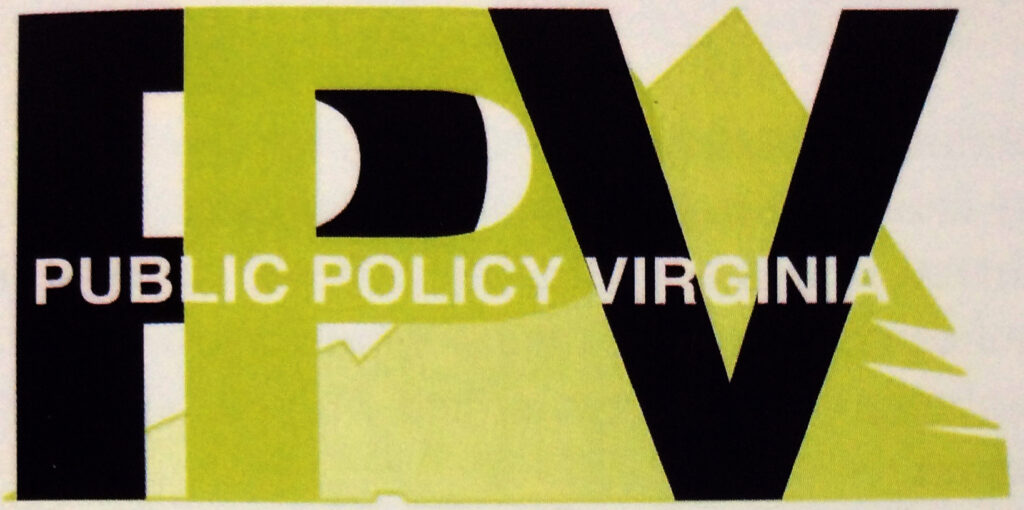

Michael Collins — a conservationist, entrepreneur, environmental and urban planner, and educator — founds the Association for Conservation Real Estate (Conserv), to recognize the value of ecological assets in real estate transactions.
Public Policy Virginia promotes rural area economic development through the use of biomass for combined heat and power and creates the Virginia Biomass Energy Group.
Conserv creates the American Conservation Broker real estate agent certification program, which certifies hundreds of brokers and agents in the US. After the real estate crash of 2008, Conserv creates the Forests 2 Faucets program in partnership with the US Endowment for Forestry and Communities and the Virginia Department of Forestry, to protect upstream forest lands to provide clean water downstream.
Al Weed and Michael Collins meet to examine synergies between Public Policy Virginia and Conserv.
Staff and Board Members of each organization meet to discuss a potential merger.

Public Policy Virginia merges with Conserv to form the Center for Natural Capital (the Center) with a mission to restore the health of people, communities, and ecosystems by designing, creating, and managing projects, programs, and business to help rural American become more resilient. Michael Collins is named Executive Director by the new Board of Directors.
The Center embarks on a multi-year relationship with the Rappahannock River Basin Commission. The River Friendly Yards project is completed in partnership with George Washington University and the National Wildlife Federation.
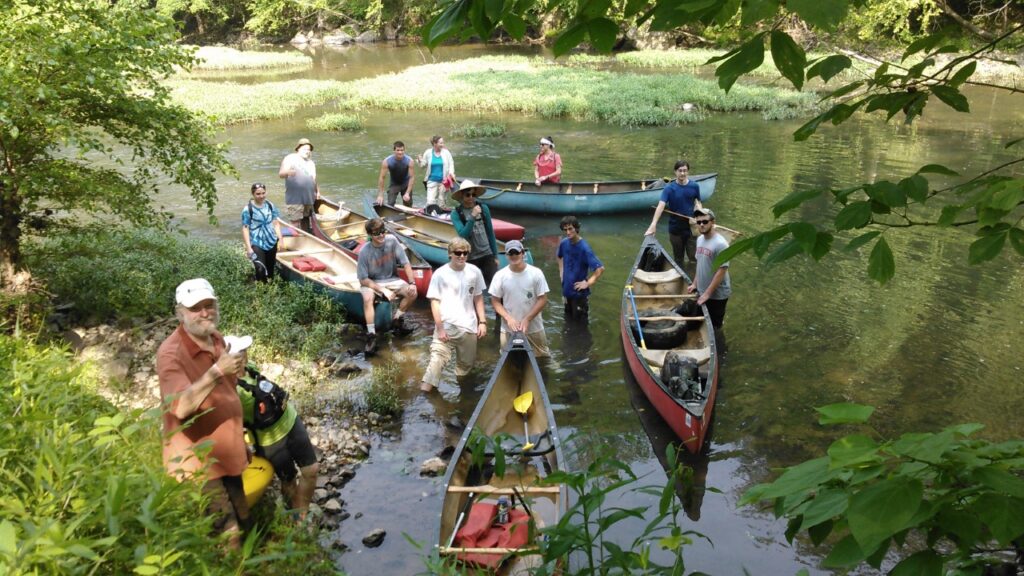
StreamSweepers program launches as a river clean-up, training and work experience program for college-aged young adults and veterans. The Rappahannock River Basin Comprehensive Clean-Up launches with a 17-mile clean-up of the Rapidan River in Orange County, from the Greene County line to Madison Mills.
The SoilKeepers program launches out of the River Friendly Yards project to provide regenerative landscape management services as an alternative to conventional techniques that kill the soil biome with chemical fertilizers, pesticides, and weedkillers.
The Community Wood Energy Project launches with a multi-year award from the US Forest Service to work with communities and industries to develop projects focused on providing local, sustainable wood fuels for heat and energy.
The Center leases offices in Orange, Virginia.
StreamSweepers cleans about 20 miles of the Rapidan River from Madison Mills to Raccoon Ford and about 20 miles of the Robinson River from Banco to the town of Rapidan.
The Virginia Wildlife Habitat Cooperative (VWHC) launches to aggregate grassland bird, pollinator, and wildlife habitat acreage across parcel boundaries in Virginia through education and outreach to landowners, and to provide habitat establishment.
The Center launches the Rapidan Blueway project with a group of local river enthusiasts and landowners to explore the feasibility of creating a river trail to enhance river recreational activities such as canoeing, kayaking, and fishing with legal and safe access points.
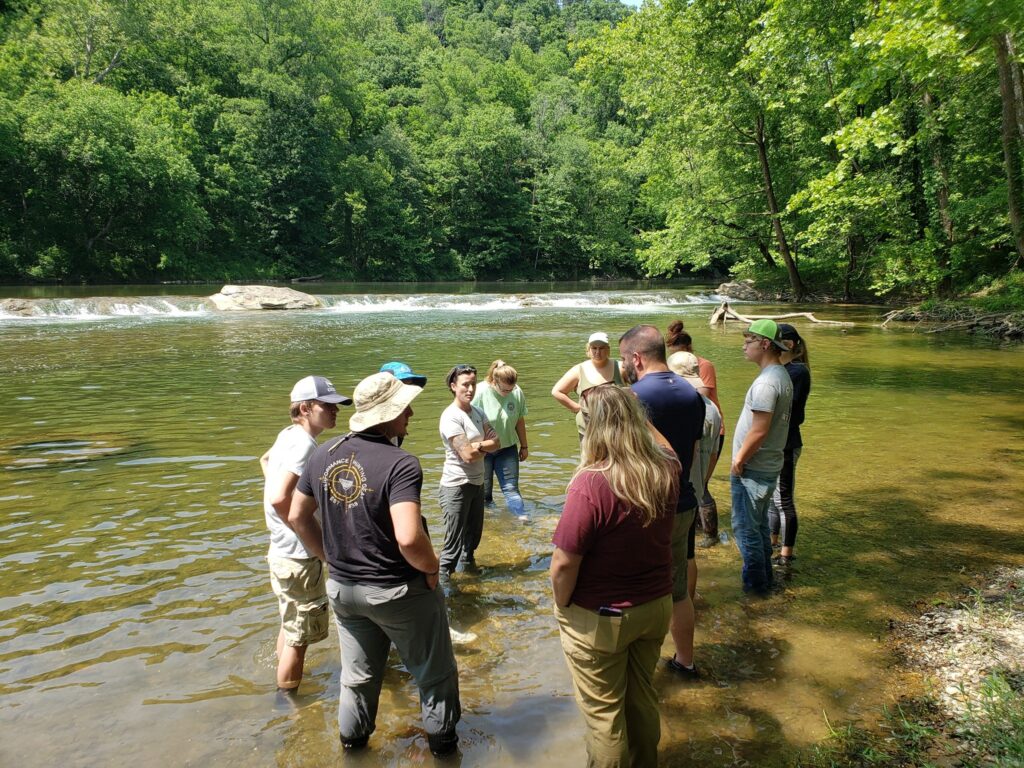
StreamSweepers cleans the final 40 miles of the Rapidan River from its headwaters near Graves Mill to Somerset, and from Raccoon Ford to the confluence with the Rappahannock.
SoilKeepers serves five clients in its second year.
StreamSweepers completes a final maintenance sweep of the full 100 miles of the Rapidan and Robinson Rivers, performs an assessment and clean-up on the Hughes River, and partners with the NIH/NCI on a multi-year project to test water samples from the Rappahannock watershed for endocrine-disrupting compounds.
SoilKeepers serves 22 clients in its third year.
The Community Wood Energy Project is completed.
StreamSweepers cleans 20 miles of the Rappahannock River from Remington to the confluence with the Rapidan and performs an assessment and light cleaning of the Mattaponi River. The Clinch River Clean-Up kicks off an assessment of over 60 miles of the most scenic and bio-diverse river in Virginia.
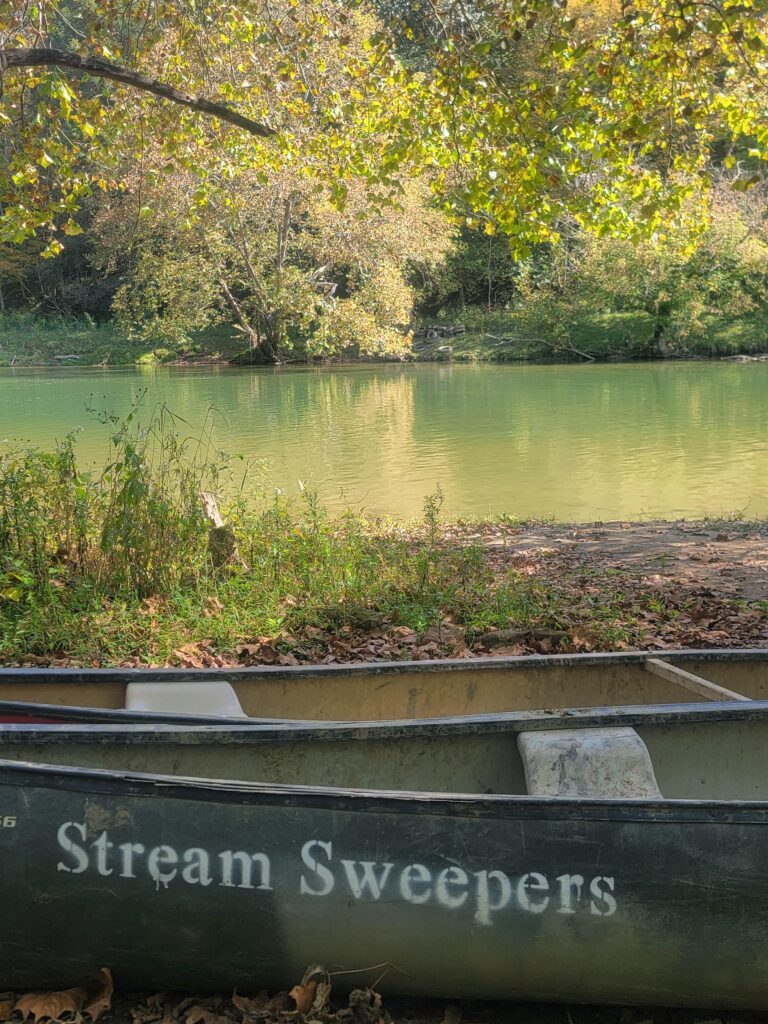
StreamSweepers cleans the Rappahannock from Waterloo to Remington and assists Hazel River and Middle River volunteers with comprehensive ecological assessments and light cleaning of those rivers, wrapping up the Rappahannock River Basin Comprehensive Clean-Up. The Clinch River Clean-Up continues its assessment of the river and plans for the launch of a five-year clean-up effort to remove up to 10,000 tires from the river.
The Center makes plans to move offices to the Historic Rapidan Mill in Rapidan, VA.
StreamSweepers launches the Clinch River Clean-Up and cleans over 13 miles of the river, providing summer jobs to 15 young people in Southwest Virginia, and removing over 1,000 tires and over 7 tons of other trash.
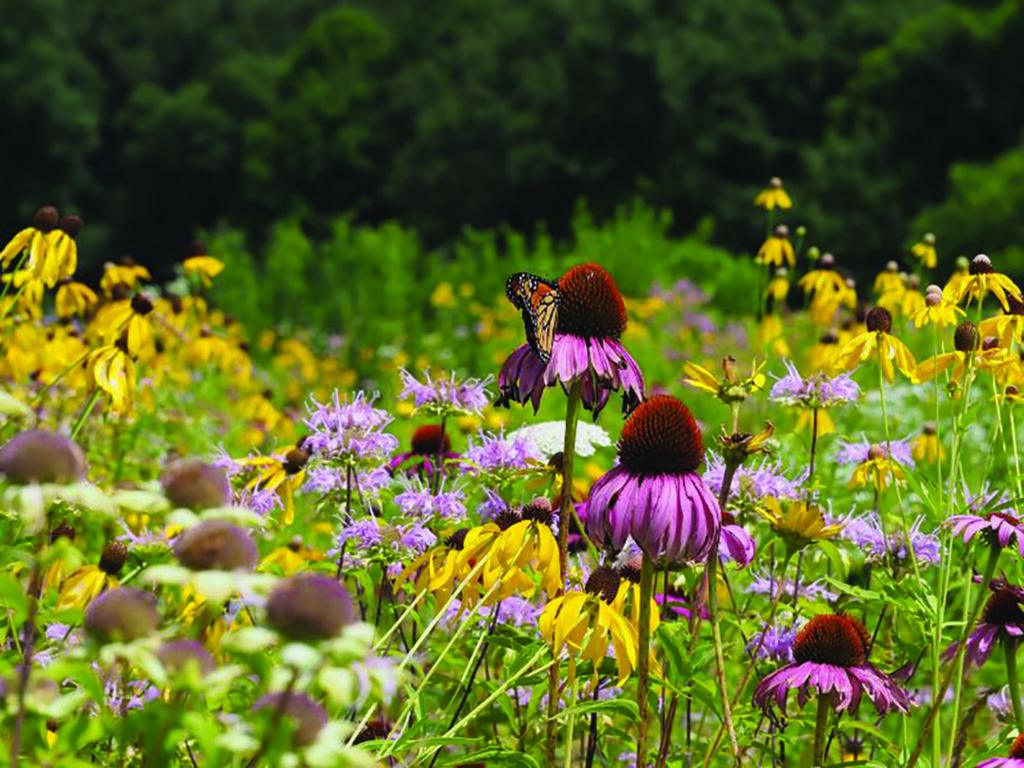
Initial renovations of space in the old Rapidan Flour offices at Rapidan Mill are completed. The Center moves its headquarters to Rapidan.
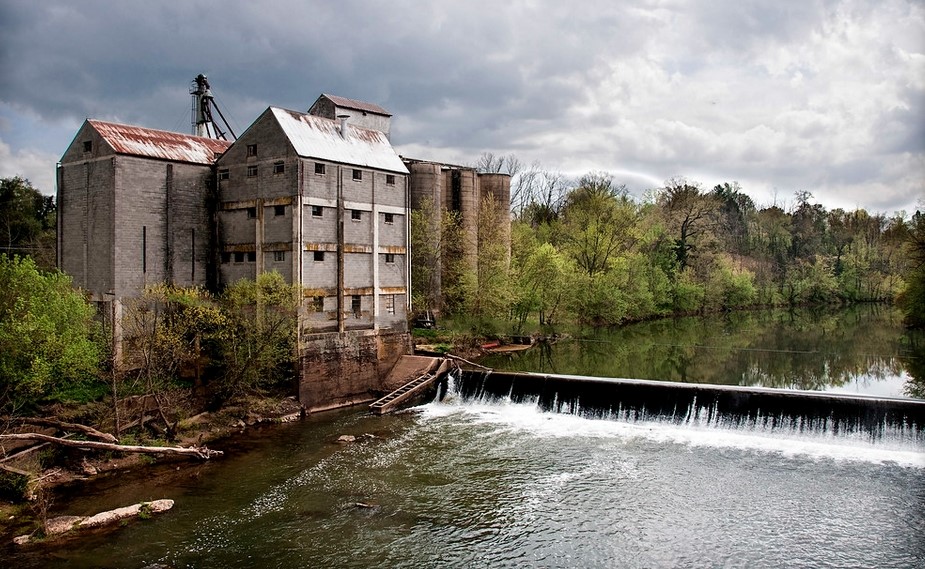
The Center launches the Rapidan Institute to focus on comprehensive fisheries and floodplain habitat restoration in the Rapidan and Robinson River watersheds, and the Rapidan Fish Passage Project (RFPP) to restore free flow to the Rapidan River by modifying a dam at the village of Rapidan and reconnect the river’s headwaters with the Chesapeake Bay and Atlantic Ocean.
StreamSweepers cleans over 22 miles of the Clinch River, providing summer jobs to 13 young people, and removing over 1,000 tires and 11 tons of other trash.
As a result of contacts made by the Community Wood Energy Project, the Center is asked to assist the University of Tennessee in a project funded by the FAA to explore the use of logging residues from Central Appalachia as feedstock for sustainable aviation fuel.
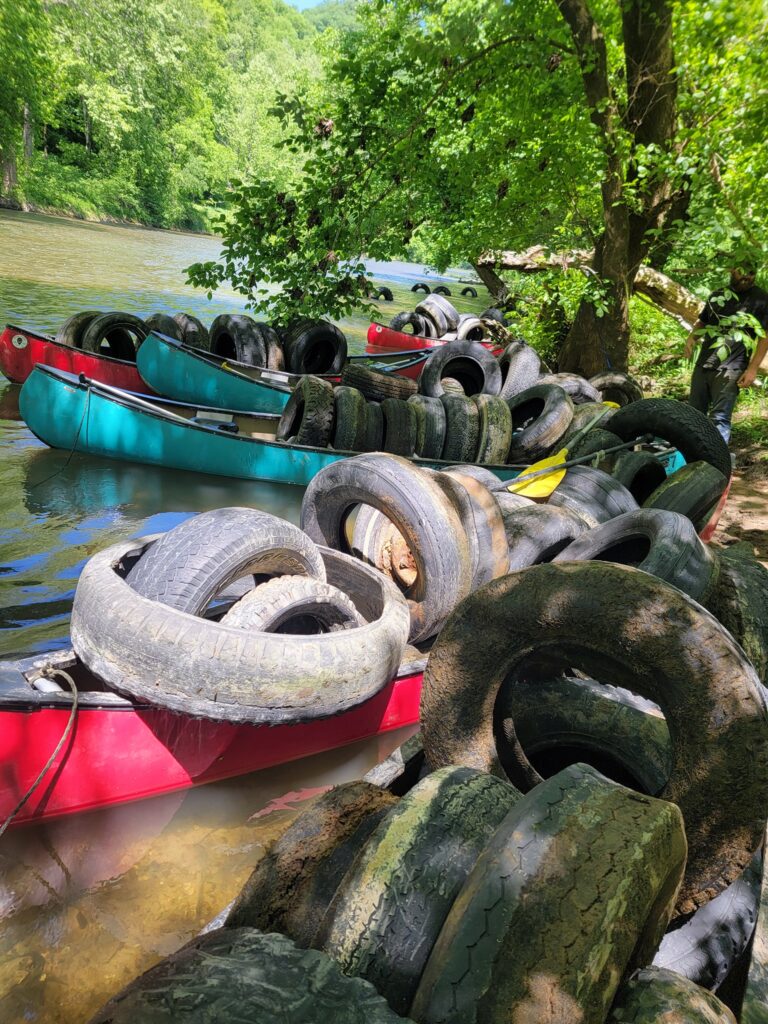
StreamSweepers cleans over 35 miles of the Clinch River, providing summer jobs to 15 young people, and removing over 1,600 tires and over 25 tons of other trash.
State and federal agencies perform due diligence on the feasibility of altering the dam for RFPP. The Center submits a proposal to the US Army Corps of Engineers (USCOE) Inter-Agency Review Team for a mitigation bank on the Rapidan River.
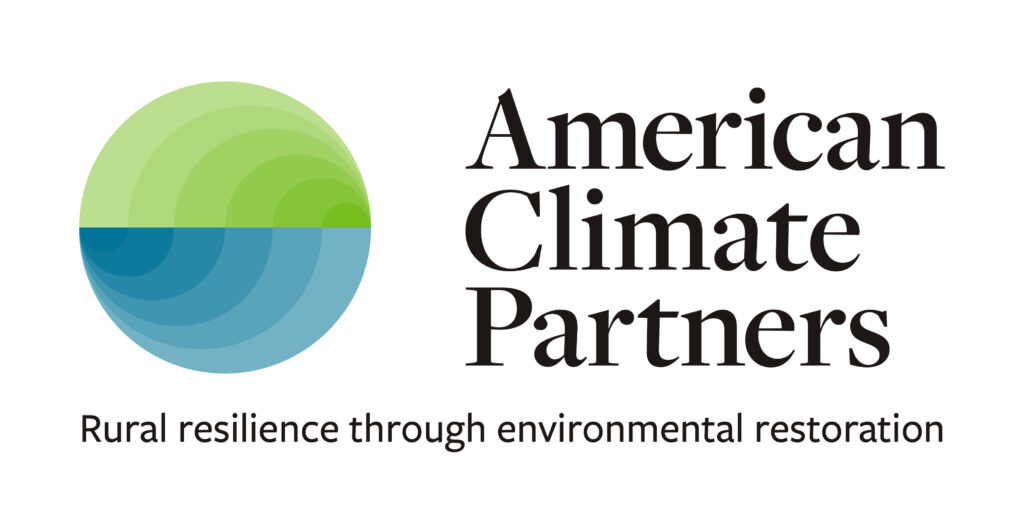
The Board of Directors unanimously decides to change our name to American Climate Partners.
Building on our decade of vegetation and soil health management experience through SoilKeepers, the Virginia Grasslands Deep Soil Carbon project launches as a research effort to develop data from deep in the soil and to expand the methods used to achieve greater soil carbon storage. As part of this project, a partnership with a major utility begins to develop and test protocols for increasing carbon sequestration under solar panel arrays.
StreamSweepers cleans over 27 miles of the Clinch River, providing summer jobs to 11 young people, and removing over 2,200 tires and over 25 tons of other trash and performs a maintenance sweep on 20 miles of the Robinson River in Central Virginia.
American Climate Partners creates ACP Realty Holdings LLC, purchases the Rapidan Mill dam and adjacent land on the Culpeper County side of the river.
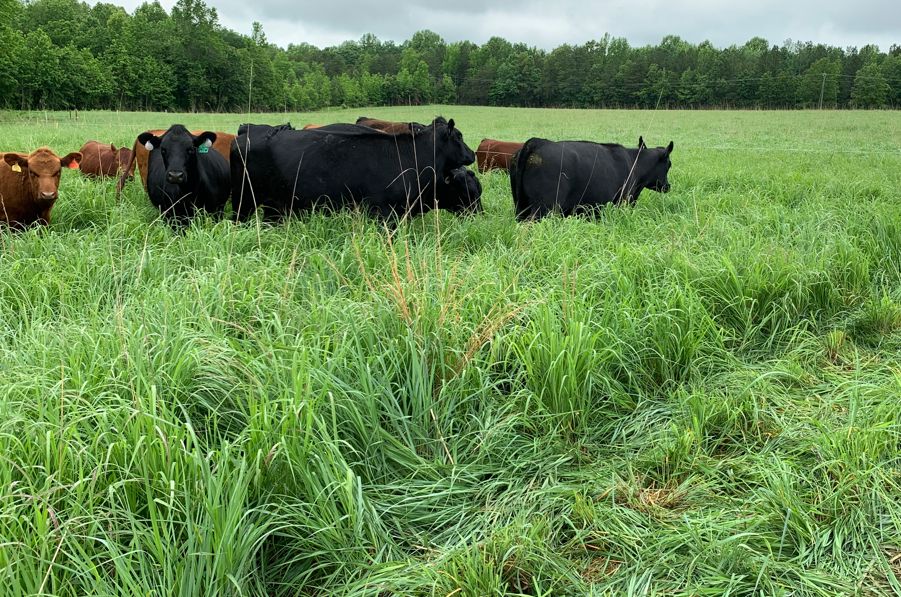
Southeastern Climate Restoration Solutions program launches to implement our growing realization that modifications in landscape management could be a cost-effective natural solution for carbon dioxide removal from the atmosphere. USDA’s Natural Resources Conservation Services selects us as a partner with a multi-million-dollar award to expand measurement and monitoring of carbon in soil on working agricultural lands and to assess how climate-smart practices are affecting carbon sequestration in 12 southeastern states.
StreamSweepers cleans over 30 miles of the Clinch River, providing summer jobs to 11 young people, and removing 1,778 tires and nearly 19 tons of other trash. Looking forward, StreamSweepers convenes a stakeholder meeting to begin planning for a multi-state clean-up in the upper Big Sandy watershed of Southwestern Virginia, Eastern Kentucky, and Southeastern West Virginia.
SoilKeepers serves 53 clients in its tenth year, including two large homeowners’ associations.
After hearing recommendations from outside advisors, the mitigation bank concept for funding RFPP is abandoned and we submit an application to NOAA-Fisheries for funding under its Restoring Fish Passage program.
USDA’s Natural Resources Conservation Service multi-year award to roll out Carbon Stock Monitoring program on agricultural land in the Southeast U.S.
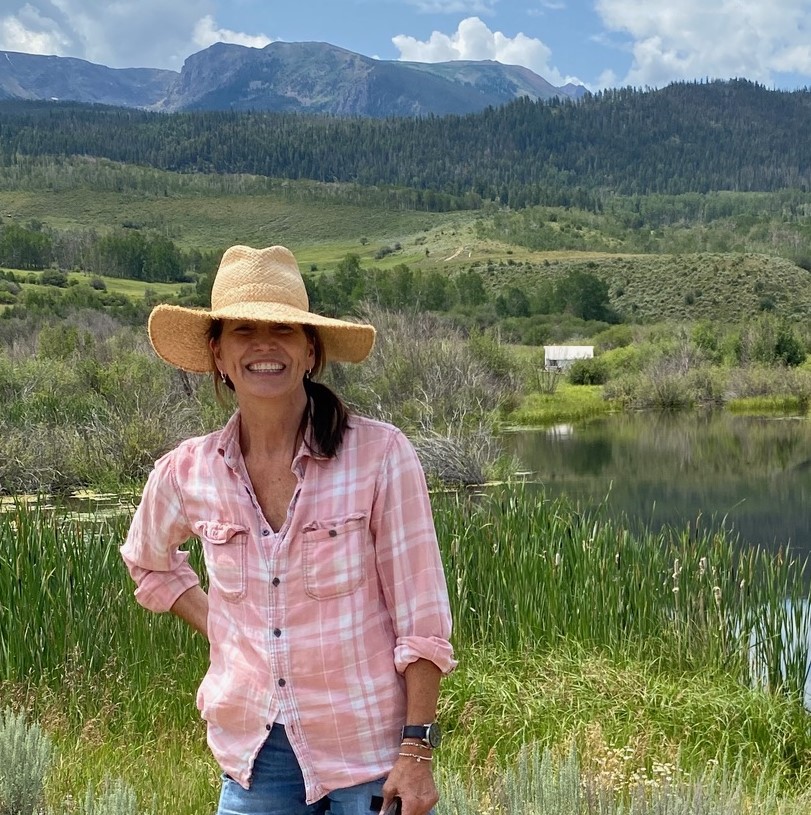
Kara Nichols appointed to direct Southern Climate Restoration Solutions and flagship Carbon Farming Partnership Project.
American Climate Partners + Ecotone completes Spicer’s Mill Water Supply and Fish Passage Enhancement Project: Phase I Report Including Preliminary Engineering Report
National Oceanic and Atmospheric Administration (NOAA) multi-year award for Rapidan Fish Passage Project
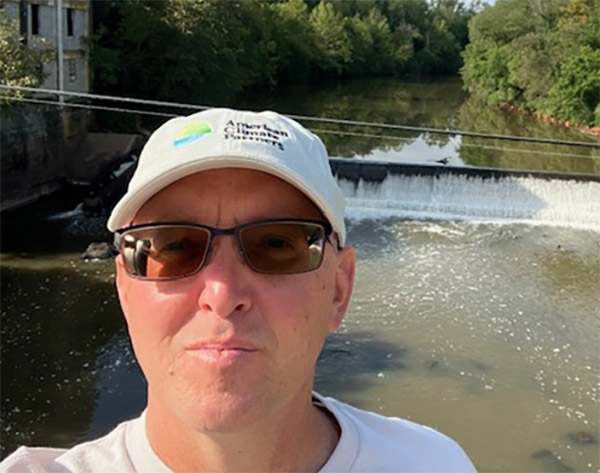
Dr. Shawn Young appointed to Direct Rapidan Institute and flagship Rapidan Fish Passage Project

